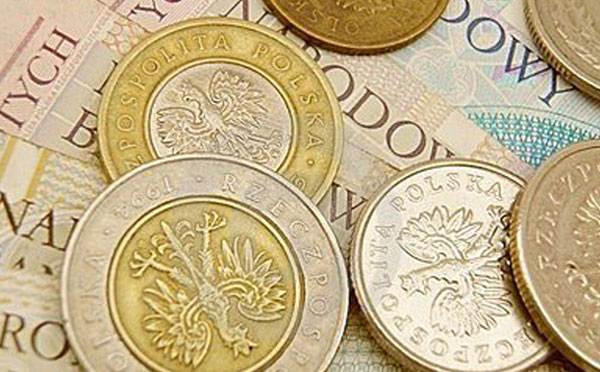Thursday, 12 November 2015 18:31
 BUDAPEST: Central European currencies retreated on Thursday after an overnight slump in crude prices in global markets and before a possible rate cut at a meeting of the Serbian central bank.
BUDAPEST: Central European currencies retreated on Thursday after an overnight slump in crude prices in global markets and before a possible rate cut at a meeting of the Serbian central bank.
The region’s economies are largely not vulnerable to commodities price falls, but declining energy prices have helped keep their inflation low, pushing central banks towards looser policy.
The dinar shed 0.2 percent against the euro by 0903 GMT before the meeting at Serbian central bank whose main interest rate is the highest in the region at 4.5 percent.
Dealers and traders polled by Reuters were equally split over the likely interest rate decision at the meeting, with 8 out of 16 projecting a 25 or 50 basis point cut and the rest forecasting no change.
A good performance of the budget, economic recovery and low inflation and a stable dinar would allow one more cut, but a possible rate hike by the Federal Reserve could make dinar markets vulnerable and block further easing, Raiffeisen said in a note.
Expectations for monetary tightening in the US and further loosening in the euro zone have kept currencies in the EU’s eastern wing in limbo in the past months.
The most liquid units, the zloty and the forint , shed 0.3 and 0.2 percent against the euro respectively, giving up ground gained earlier this week.
They clawed back part of the daily loss after comments from European Central Bank chief Mario Draghi added to expectations that the bank could cut euro deposit rates and expand or extend its programme of bond-buying.
Bank Pekao analysts said the zloty, which traded at 4.226, could find an equilibrium between 4.22 and 4.26.
Investors welcome the ministers named by Poland’s Law and Justice party which won elections last month.
“But the signals from the core markets and main central banks will likely be more important,” the analysts added.
Romania also moved closer to forming a new government this week, with the country’s president naming former EU Commissioner Dacian Ciolos as the new prime minister.
But the lower house of parliament then approved a 10 percent public sector wage hike, maintaining worries over the budget cited by the central bank (NBR) when it ended rate cuts months ago.
“It makes further monetary easing by the NBR even less likely,” RBS analysts said in a note.
The leu eased 0.1 percent.




























